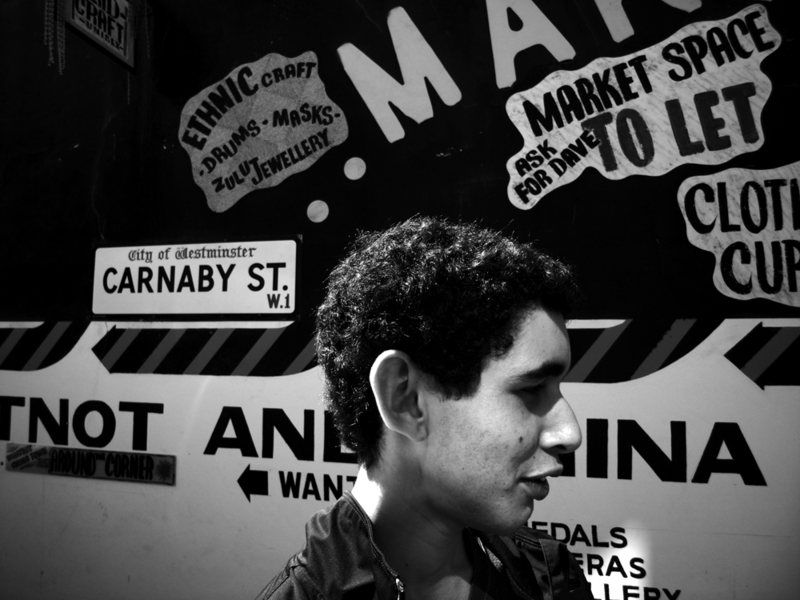Against the wall
Walls can define limits and circumscribe space (both interior and exterior).
Walls can be loaded with information and tell stories.
Walls can become animated with reflections and shadows.
But walls can also be prisons, witnesses to executions and a receptacle to dead bodies.
We can build walls inside ourselves when we accept prescribed stereotypes, behaviours and dress codes, when we accept categorizations and blind judgements that fragment our thoughts and lead us to prejudice.
Walls can participate in our daily lives, we lean, sit, climb and hang from them.
Walls can give shelter and shade to lovers, vagrants, travellers and fugitives.
Walls can be used for manifestos, graffiti (with artistic quality or not), publicity and vulgar displays of wealth.
Our cities were built (and still are being built) to separate us, using highways, railways and walls as elements of segregation (racial and/or economic).
This is the space where most of us grew up and where our children are learning to grow. If we want to liberate our urban space, we first need to liberate our minds from these walls of garbage that were and still built around us everyday.
We need to create the ability to have a clear vision towards the endless horizon of possibilities and diversity that surround us.
The day of tomorrow shouldn’t only be about braais, beers and our past; it should be a reflection on what kind of heritage are we creating with our present attitudes and what impact will it have on our future.
The discussions of tomorrow should be about these walls that still permeate our speeches: xenophobia, racism, homophobia, machismo, feminism, tribalism and regionalism.
The discussions of tomorrow should be about all the different heritages and cultures that make us so rich.
Only when this communion happens (and not around sports events only), can we start growing as a society that celebrates difference and respects individual expression.
This one is dedicated to Rafiq




